Plug-in hybrid vehicles and electric cars are relatively new in the market. Considering that they need electricity to power themselves means that new infrastructure needs to be implemented. Hence, in the last few years, electric car manufacturers have been dedicated to establishing EV charger stations all around the UK. So, whether you are an electric PCO car driver or an EV-curious, this blog will answer all your EV charger-related questions. Here is a complete electric vehicle charger guide for PCO drivers.
Types of EV Chargers for PCO Drivers
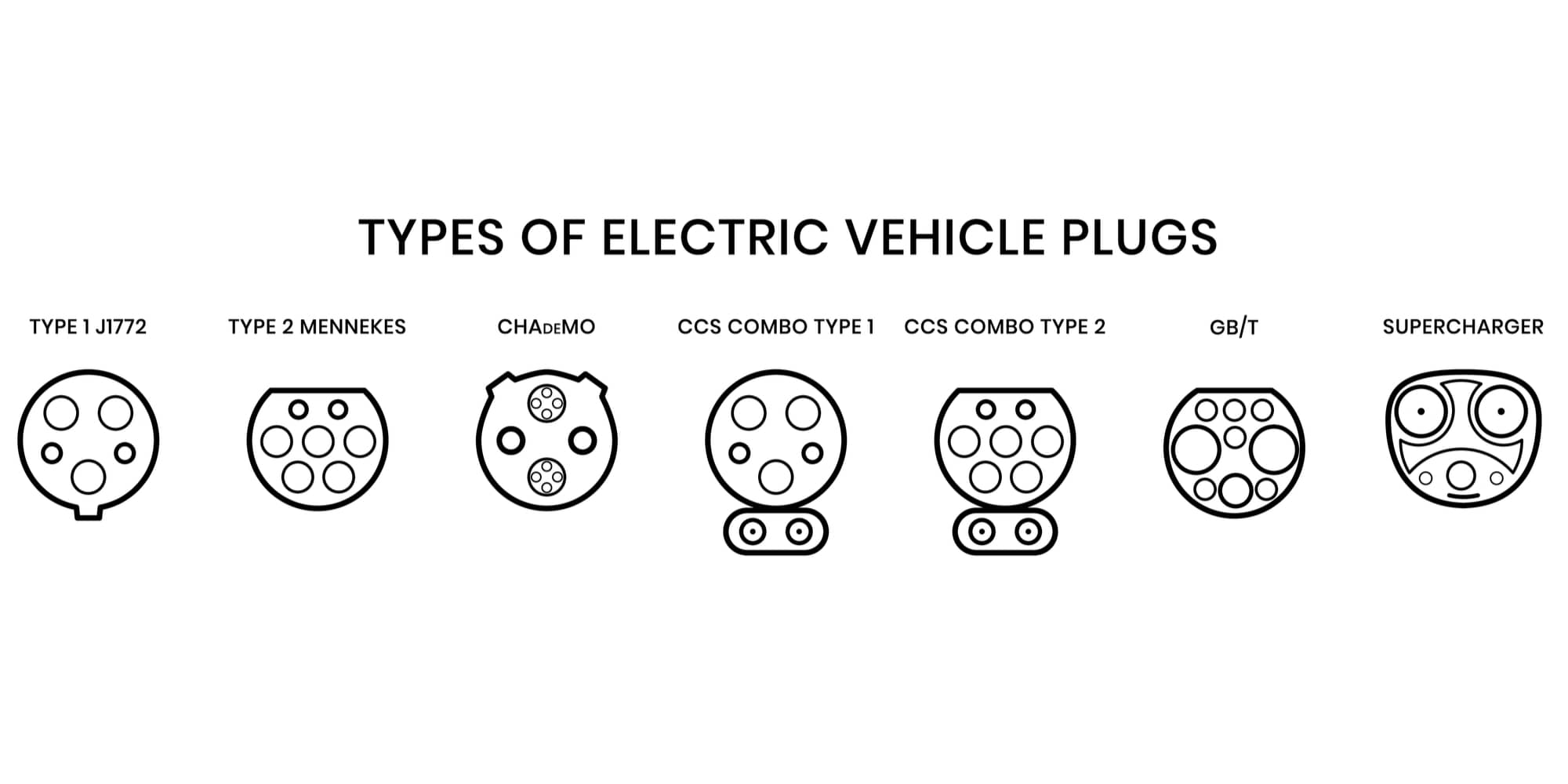
Charging an electric PCO car isn’t like filling a diesel or petrol vehicle with fuel. The charging station that you can use depends upon the type of EV charger along with its shape, the connector, and the socket of your electric PCO car. Even though this might seem complicated at first. With time and practice, it all becomes a part of a PCO driver’s routine. To help you out, we have listed the different types of EV chargers available and the pros and cons of using each:
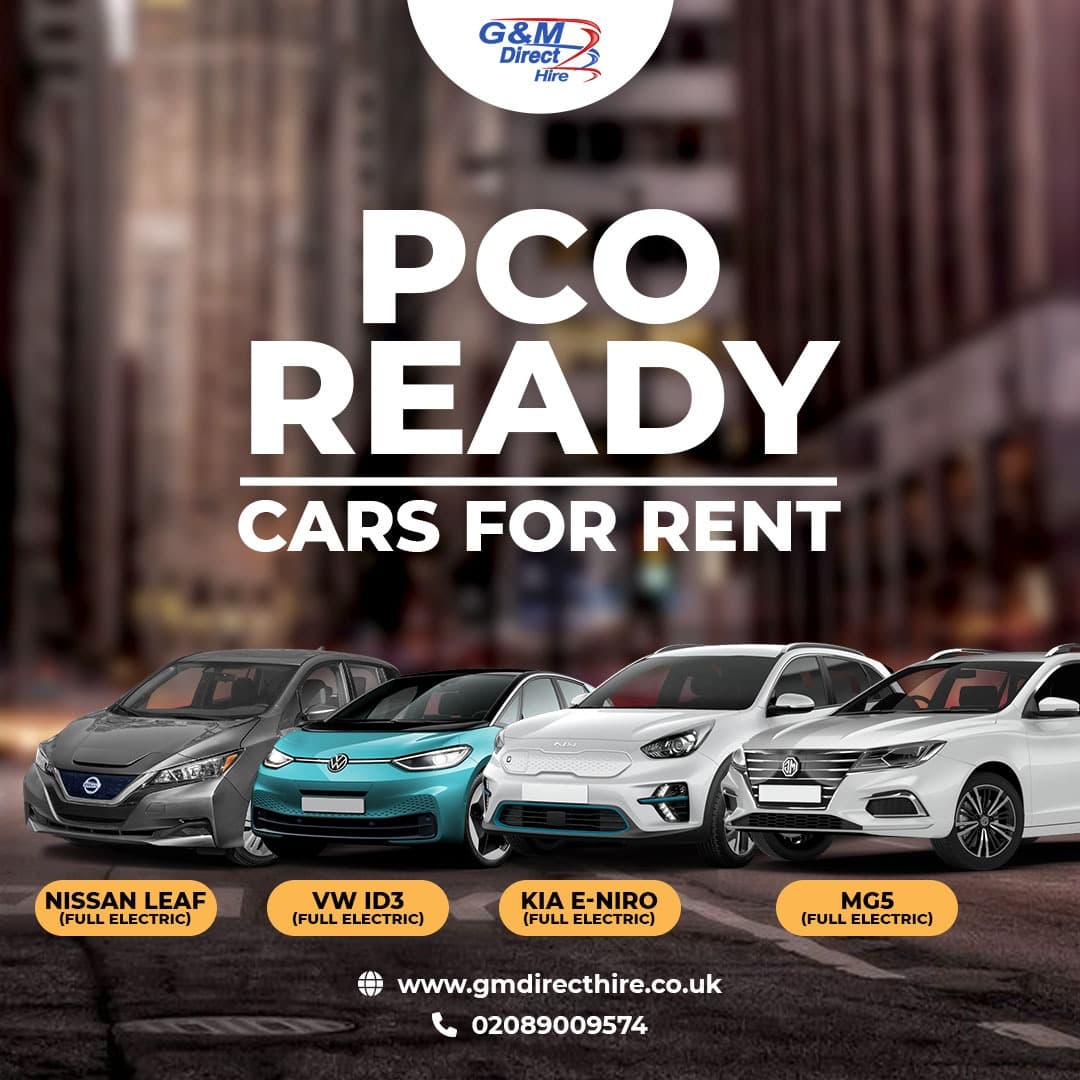
1-Ultra Rapid Chargers
Ultra Rapid Chargers have recently joined the EV charger market. Therefore, they might not be suitable for all types of electric PCO cars, especially if you own an older model. However, Ultra Rapid EV Chargers are an efficient solution for PCO drivers who own Tesla Model 3 and the Volkswagen ID.3, as they will now be able to charge their electric PCO car in just 20 minutes. It can handle 150kW to 350kW and is compatible with charging cables CCS and CHAdeMO.
Ultra Rapid EV Chargers are used by Shell Recharge and BP Chargemaster. When using an Ultra Rapid Charger, a PCO driver will be charged 40p per kWh.

Pros:
- It is the perfect fit into the day-to-day work schedule of a PCO driver.
- Ultra Rapid Chargers are one of the fastest available charging options for electric PCO cars.
Cons:
- Although they are gaining popularity, Ultra Rapid Chargers aren’t widely available around London.
- They cost more than slow and fast chargers.
- Currently, they are only compatible with certain electric PCO cars like Volkswagen ID.3. However, an Ultra Rapid Charger cannot be used by popular models such as the Kia e-Niro.
2-Rapid Chargers
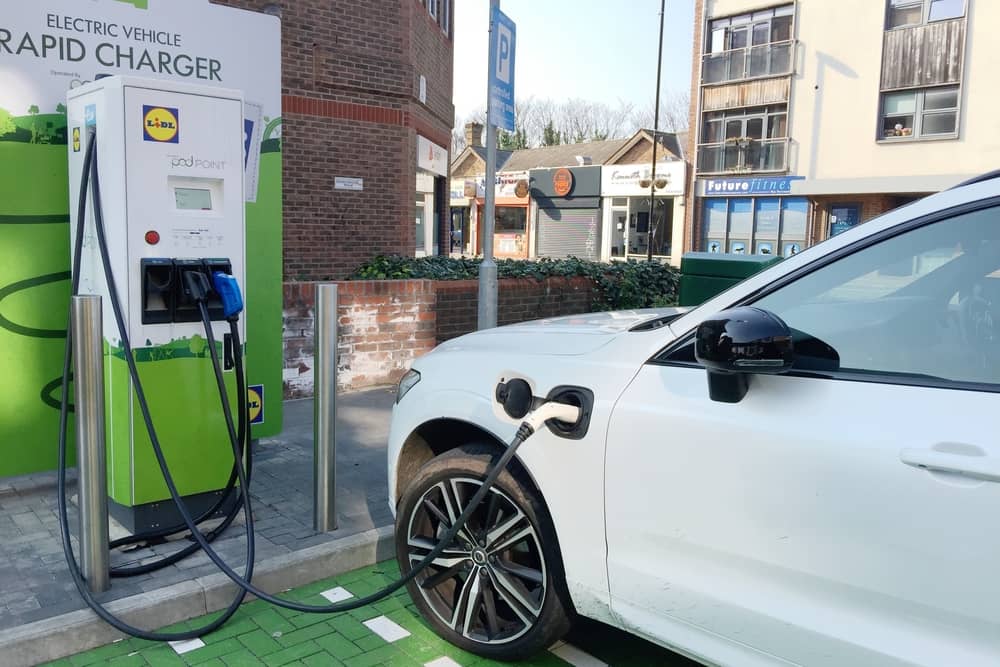
Looking for the quickest EV charger in the market? The Rapid Chargers are the ultimate and most efficient solution to all your electric PCO car needs. Due to their fast charging time, Rapid Chargers have gained great popularity in London and are available for PCO drivers countrywide.
Rapid Chargers are rated at 50kW. Regardless of which electric PCO car model you own, they can recharge your vehicle in 30 to 45 minutes, making Rapid EV Chargers a perfect solution for your everyday needs. Rapid Chargers are compatible with Type 2, CCS, and CHAdeMO. The companies that offer these types of electric vehicle charging stations are Shell Recharge and BP Chargemaster. When it comes to payment, you will be charged 40p per kWh for using a Rapid Charger.
Pros:
- Rapid Chargers are one of the fastest charging options for PCO drivers.
- You can utilize these charging stations when on a break and even during work hours.
- There are currently over 600 Rapid Charger stations available in London.
Cons:
- According to some reports, it has been claimed that if used frequently, rapid chargers could potentially degrade the batteries of your electric PCO car quickly.
- It is a more costly option.
- Despite its popularity, there aren’t still a lot of Rapid Chargers to fulfil the demand. Moreover, switching between EV Charger companies might come with its own cost.
3-Fast Chargers
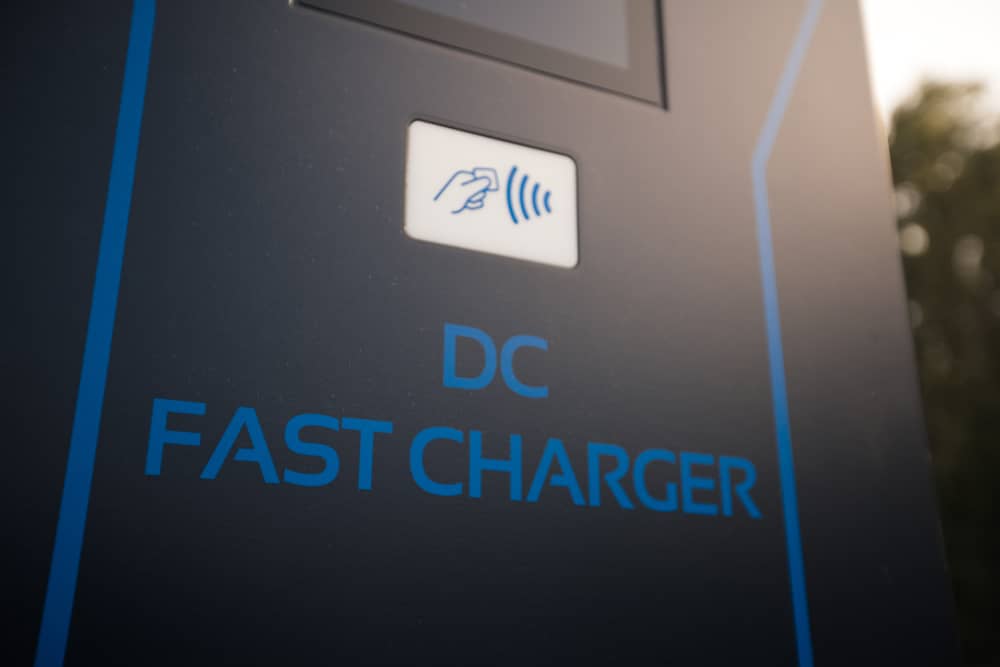
Fast Chargers for your electric PCO car can be easily found near shopping malls, supermarkets, local communities, and other designated parking spaces. They provide 7kW to 22kW, which can recharge your electric vehicle in 3 to 8 hours.
Fast EV Chargers are compatible with Commando, Type 1, and Type 2 charging cables. These are used by GeniePoint and Source London. Using a Fast Charger will cost you 39p per kWh. Note that the charging speed can vary depending on the model of your electric PCO car.
Pros:
- A Fast Charger can work efficiently with downtime from electric PCO car driving if you can find a charging station near your workplace or home.
- You can recharge your electric PCO car when you go out shopping as it can take you almost an hour.
Cons:
- Because Fast Chargers are usually situated in public parking spaces, most of them might charge you for parking overtime. For example, GeniePoint charges £10 as an overstay fee.
- Fast Chargers aren’t the ideal solution for PCO drivers who don’t want to spend a lot of time off-road.
4-Slow Chargers
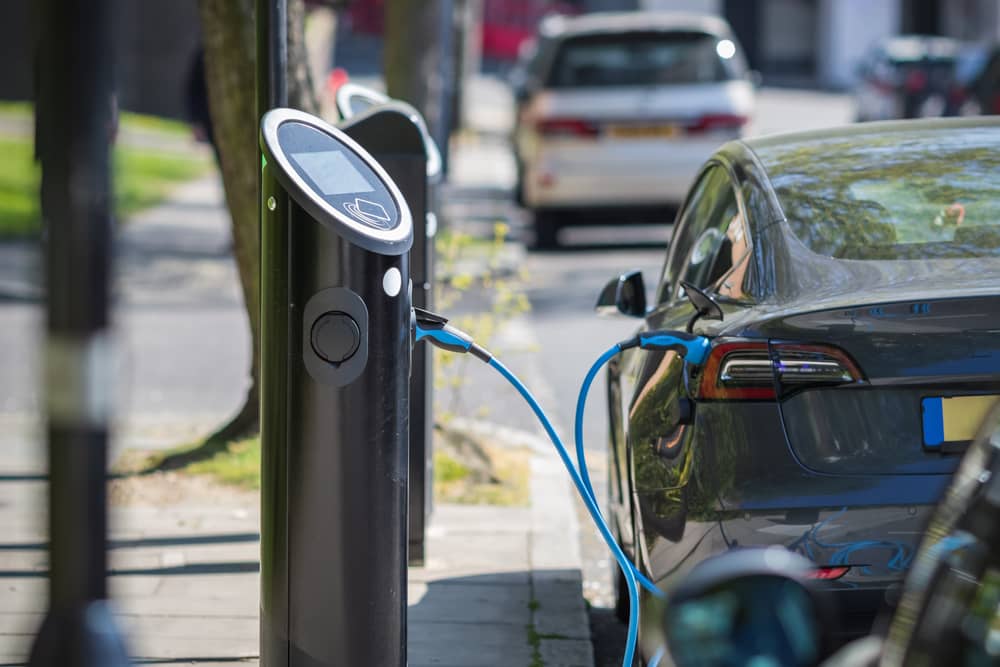
Also known as “trickle charging,” slow chargers are generally associated with public charging points such as lamppost chargers or home chargers. Compared to other types of EV chargers, a slow charger will take up to 6 to 12 hours to complete a single charge cycle. Therefore, they make the ideal charging station if you have one located near or installed at your home.
Slow chargers are compatible with charging cables Type 1, Type 2, Commando, and 3 pins. You can access the Slow EV chargers on charging stations owned by Source London and Ubitricity. Moreover, you will be charged 19p to 24p per kWh for using a public slow charger.
Pros:
- Slow chargers have cheaper rates.
- They are convenient for PCO drivers who want to charge their electric PCO car overnight.
Cons:
- A slow charger can consume most of your time. Therefore, it isn’t considered a between-work charging solution for PCO drivers.
- The associate parking space might not always be available. Hence you might not be able to create a solid charging strategy if you rely entirely on slow chargers.
How to Calculate Your Electric PCO Car’s Charging Time?
According to the general rule of thumb, in order to calculate your electric PCO car’s charging time, divide the vehicle’s battery capacity by the KW speed of the EV charger.
For Example, The famous Kia e-Niro comprises a 64kWh battery. Therefore when using a 7kW fast charger, according to the formula, it will take:
64kWh/7kWh = 9.14 hours to attain a full charge.
Pro Tip: To utilize most of your electric PCO car’s battery, charge it between 20 to 80%.
Wrapping It Up!
Another significant aspect of the electric vehicle charger guide for PCO drivers is to have a foolproof charging strategy. Being a PCO driver, you cannot completely pre-plan your day or driving routes. Therefore, to make sure that the need for an EV charger doesn’t affect your everyday income, it is essential to have knowledge about all the nearby charging points, and charging company that works best for your electric PCO car and to pre-plan a route before you head out to your next destination! G&M Direct Hire offers unique, flexible, and affordable electric PCO car rental plans, making it stand out from other car rental companies. To rent a full-electric fleet, give us a call right away!